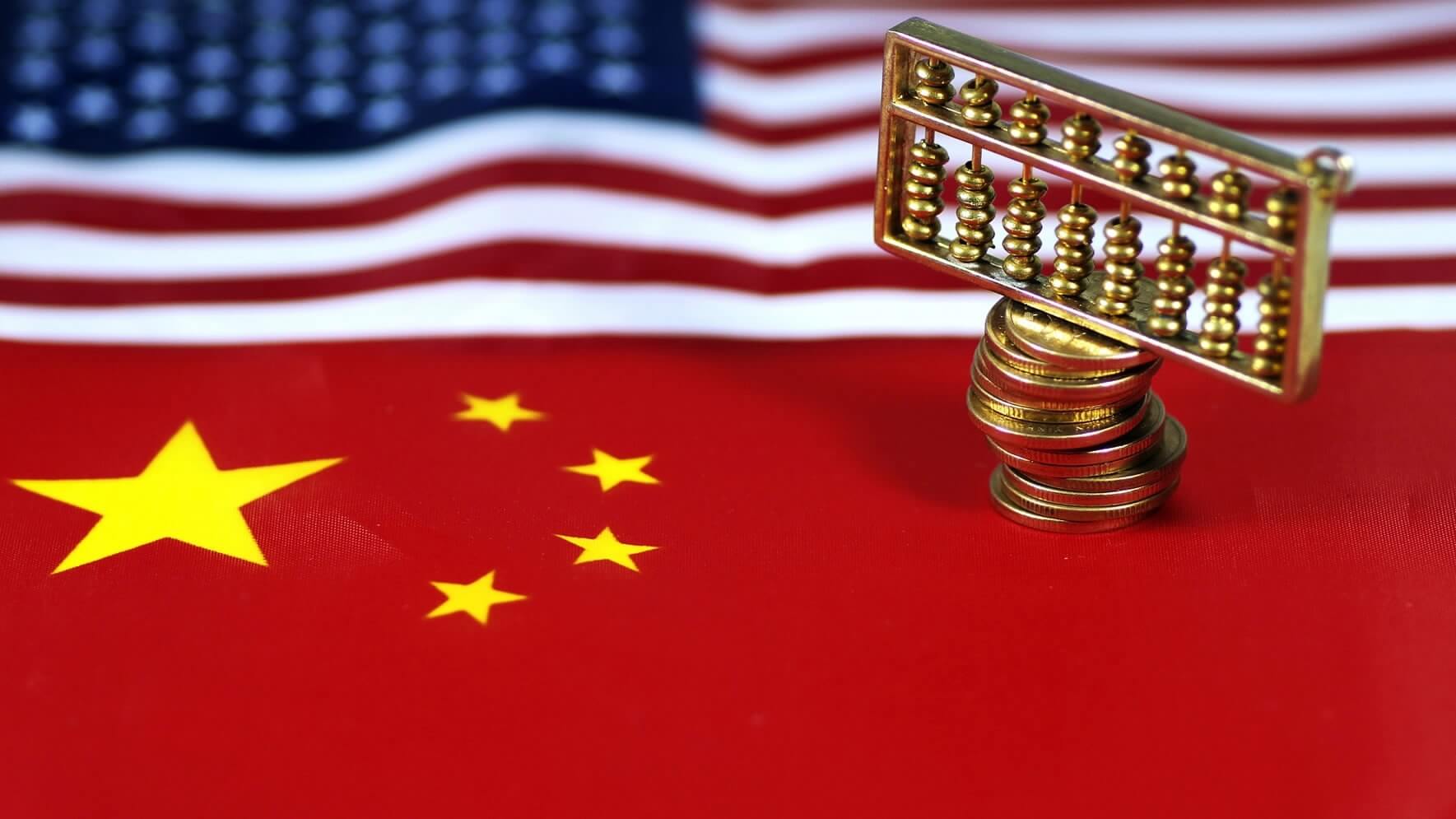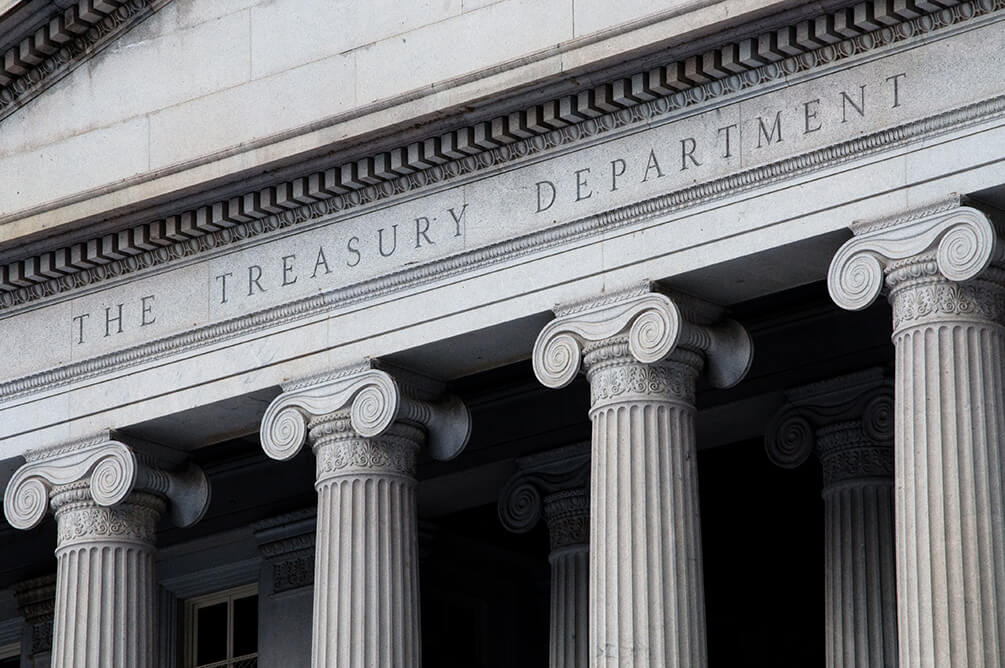Bottom line: The United States and China are in the middle of a trade battle that is going to change the way the tech industry is operating. Investor capital is no longer going to flow freely with few restrictions across international borders.

Drafts from the US Treasury Department are being made that could prevent entities with more than 25 percent Chinese ownership from buying technology-based companies located in the United States. The exact percentage used for restrictions on purchasing is still subject to change. Chinese giants such as Tencent, JD.com, Xiaomi, Huawei, and more would all be blocked from making major investments into US firms.
As part of an ongoing trade battle between the United States and China, tariffs on $34 billion of Chinese goods are nearly ready to be leveraged. Beginning on July 6, new tariffs will go into effect as a response to accusations that China is abusing joint venture partnerships and misusing US tech firms' intellectual property.

In order to implement strict controls on trade, the Treasury Department can invoke the International Emergency Economic Powers Act of 1977 (IEEPA). Under the act, extremely broad authority is given to restrict assets from falling into the hands of any group that could potentially be a threat to national security. Previously, IEEPA was used following the September 11 attacks in 2001 to quickly cut off sources of funding to terrorist organizations.
For tech firms, the new restrictions would aim only to prevent new acquisitions and investments from occurring. Deals made between US and Chinese businesses in the past would not be affected. Under the proposal, there is no differentiation between businesses in China that are considered privately owned versus companies with government involvement.
Additionally, "enhanced" export controls on goods being shipped to China are being considered. Tracking of sensitive products can include shipments to high risk countries where reshipping in attempt to avoid export restrictions is commonplace. Further details on which goods will face highly regulated export rules are expected to be available by June 30.
https://www.techspot.com/news/75225-united-states-limit-chinese-investment-tech-businesses.html